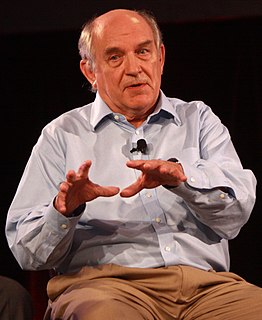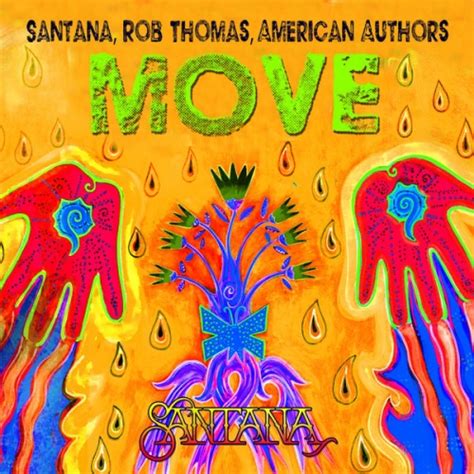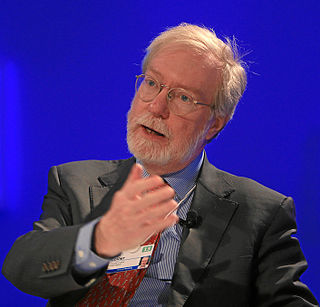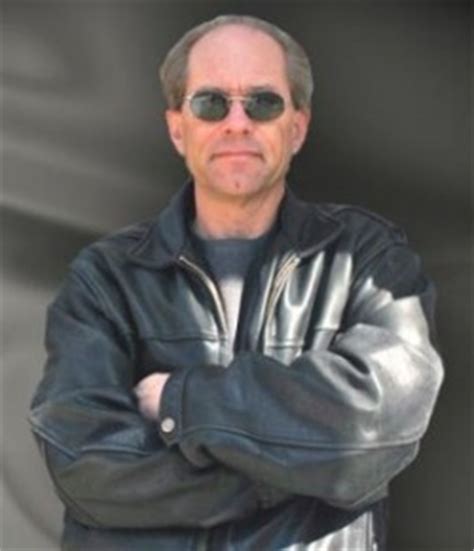A Quote by Charles A. Murray
We tried to provide more for the poor and produced more poor instead. We tried to remove the barriers to escape poverty, and inadvertently built a trap.
Related Quotes
Welfare mostly subsidizes people in poverty, helping few escape from it. In their hearts, most people who are poor would like to be rich, or at least self-sustaining, but this president never talks about how they might achieve that goal. Instead, he criticizes those who made the right choices and now enjoy the fruits of their labor. Rather than use successful people as examples for the poor to follow, the president seeks to punish the rich with higher taxes and more regulations on their businesses.
The great question for our time is, how to make sure that the continuing scientific revolution brings benefits to everybody rather than widening the gap between rich and poor. To lift up poor countries, and poor people in rich countries, from poverty, to give them a chance of a decent life, technology is not enough. Technology must be guided and driven by ethics if it is to do more than provide new toys for the rich.
My working method has more often than not involved the subtraction of weight. I have tried to remove weight, sometimes from people, sometimes from heavenly bodies, sometimes from cities; above all I have tried to remove weight from the structure of stories and from language. . . . Maybe I was only then becoming aware of the weight, the inertia, the opacity of the world--qualities that stick to the writing from the start, unless one finds some way of evading them.
Government programs aim at getting money for poor people. Our hope was that knowledge would in the long run be more useful, provide more money, and eventually strike at the system-causes of poverty. Government believes that poverty is just a lack of money. We felt, and continue to feel, that poverty is actually a lack of skill, and a lack of the self-esteem that comes with being able to take some part of one's life into one's own hands and work with others towards shared-call them social-goals.
If the "rich" were swarming into poor neighborhoods and beating the poor until they coughed up the dimes they swallowed for safekeeping, yes, this would be a transfer of income from the poor to the rich. But allowing taxpayers to keep more of their money does not qualify as taking it from the poor - unless you believe that the poor have a moral claim to the money other people earn.




































